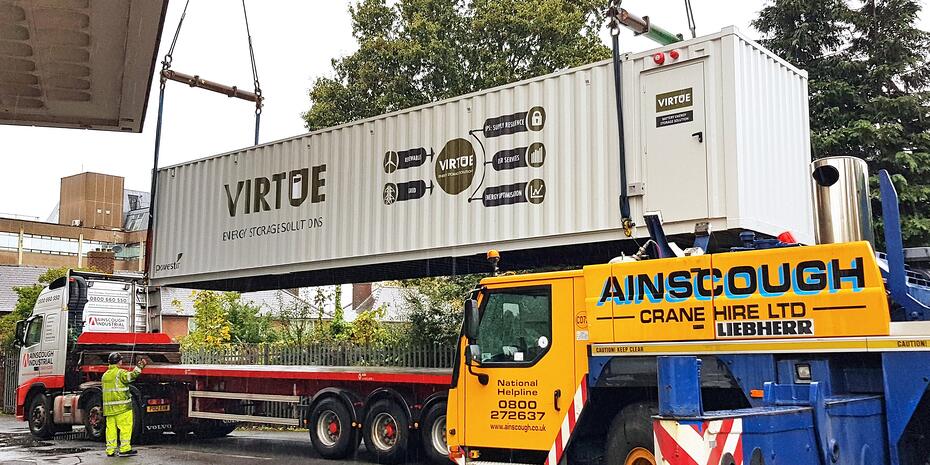
The Competition and Markets Authority (CMA) is a UK independent agency established by legislation that ‘must seek to promote competition…for the benefit of consumers’.
To do so the CMA may carry out research. The CMA announced on 4 May 2023 it is opening an initial review of competition and consumer protection considerations in the development and use of AI foundation models. The prompt to doing so is identified by the CMA as UK government’s publication on 29 March 2023 of the policy paper ‘A pro-innovation approach to AI regulation’, in which there is the request of regulators to consider how their function is relevant to addressing five stated principles for AI of safety, security and robustness; appropriate transparency and explainability; fairness; accountability and governance; and contestability and redress.
Specific to competition, the March paper identified that ‘Industry has warned us that regulatory incoherence could stifle innovation and competition by causing a disproportionate amount of smaller businesses to leave the market’. The paper also identified that the principle of fairness is a concept arising, inter alia, in competition law and, in particular in relation to consumer law the rules protecting vulnerable consumers and individuals. Specifically the paper identified that ‘some stakeholders suggested that, when appropriate, targeting foundation models (often developed by larger organisations) would increase innovation and competition by reducing liability burdens on smaller companies’.
The UK government is not alone in considering the benefits and risks that AI technology may bring. However, a question is whether there is a hint of the fear of the new, specifically, technophobia. The ‘noise’ in relation to the benefits and more often the risks of AI technology seem to be at the same level as was the case for nanotechnology. Ten years ago everything from deodorant to advances in medical science apparently included nanotechnology, at the same level as everything nowadays seems to be AI generated. Then as now, studies were produced, government papers published and even government sponsored bodies created.
Government of course does not want to be seen to ignore societal issues and no government wishes to be accused of not having a plan. At the risk of adopting a Cassandra prophecy, there is the probability that little if anything will come from the actions of the UK government and its agencies, including the CMA. Instead, business and science will organically respond to and stimulate AI technology. Government will learn something and, as was the case for nanotechnology, do little more in the end than providing subsidies to some UK businesses active in the area.
A potentially interesting result that might appear in the CMA’s report following this initial investigation is the impact of the EU’s Digital Markets Act (DMA), in particular whether it creates a dynamic for positive competitive outcomes by reducing the market impact of the few large players that are active in this space. Such positives might bode well for the UK given the CMA will obtain powers to intervene similar to those the European Commission has under the DMA, as proposed in the Digital Markets etc. Bill that is currently proceeding through parliament.
The CMA is inviting responses by 2 June 2023 to its launch paper, and plans to publish its report in September 2023.








